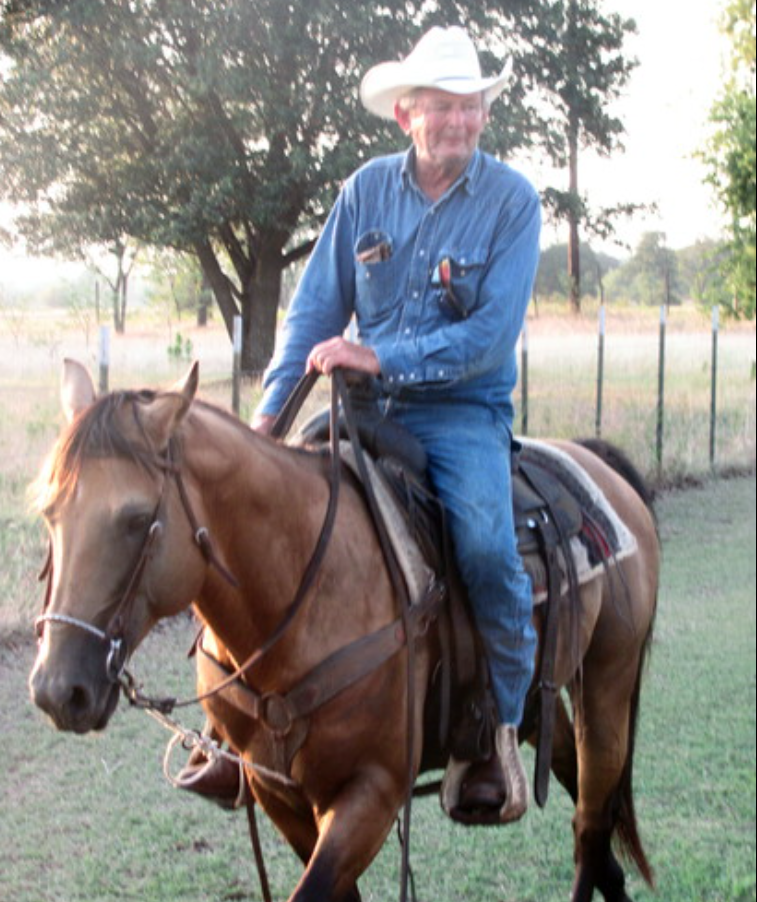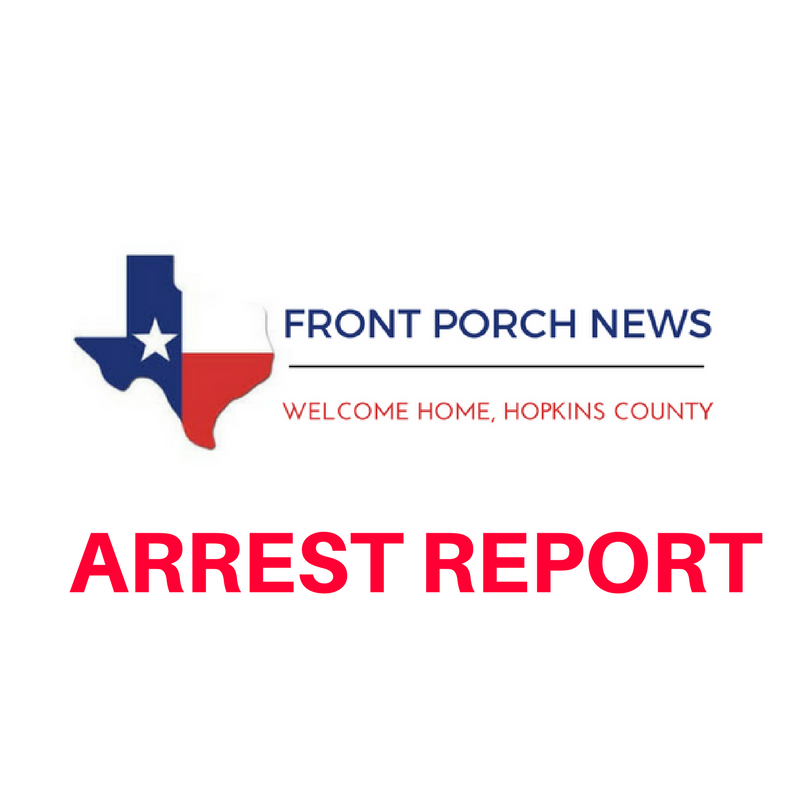State of Texas Updates Guidance to Houses of Worship During the COVID-19 Crisis by John Litzler
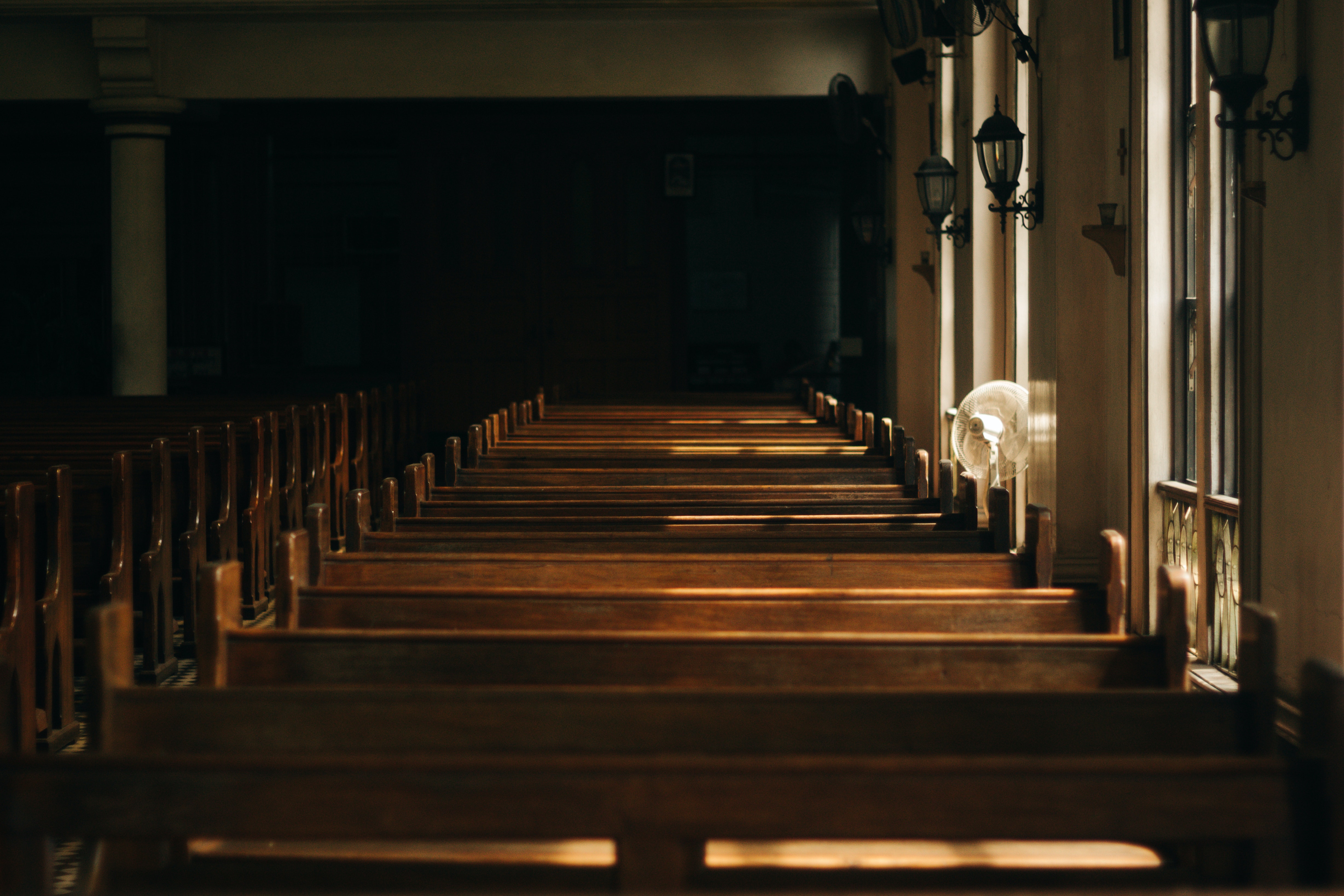
[adning id=”33097″]
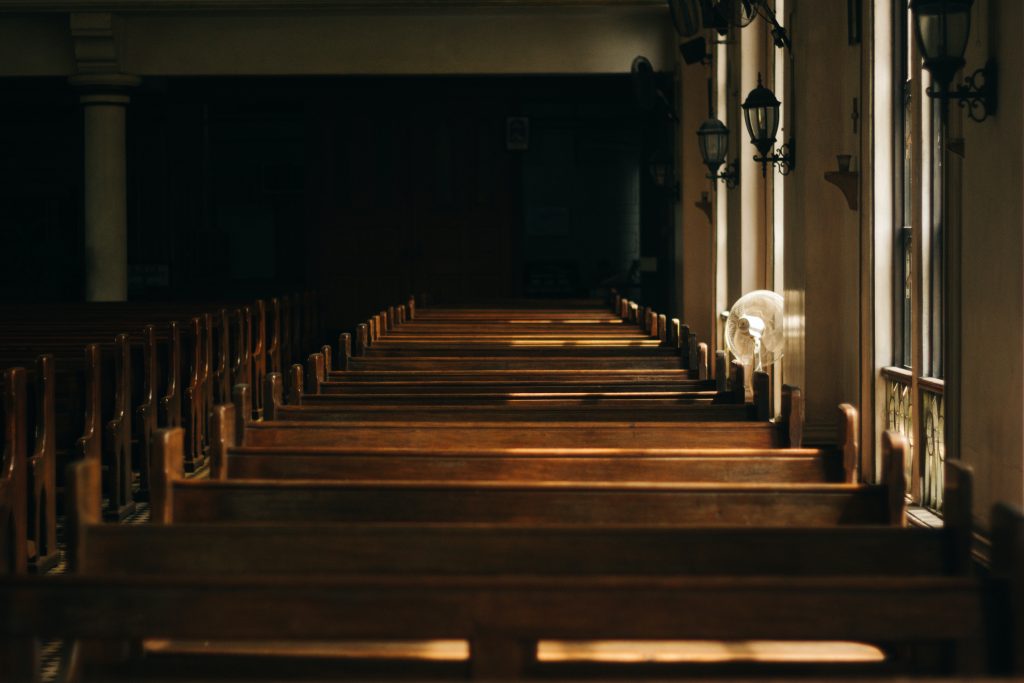
Yesterday, April 21, Texas Governor Greg Abbott and Attorney General Ken Paxton issued an updated version of their joint statement titled “Guidance to Houses of Worship During the COVID-19 Crisis.” The guidance document is intended to address frequent questions resulting from Executive Order GA-16, expressed by those who operate houses of worship.
[adning id=”33207″]
The revised guidance replaces the previous joint guidance statement issued by Gov. Abbott and AG Paxton on April 1st. Although neither Gov. Abbott nor AG Paxton provided an explanation for the revision, it seems likely the amended guidelines are in response to a lawsuit filed Thursday, April 16. That lawsuit, filed in Travis County, named both Gov. Abbott and AG Paxton as defendants and alleges that the previous EO and guidance provided by the two violates the First Amendment right to free exercise of religion. The revisions made to the guidance for houses of worship place an increased emphasis on the fact that houses of worship may remain open and that their voluntary observance of recommended practices will help slow the spread of coronavirus. Reading between the lines, it seems Gov. Abbott and AG Paxton do not believe it is in the best interest of Texas for churches to resume in person gatherings, but they also don’t want to, in actuality or appearance, infringe on Texans’ religious freedoms.
A side-by-side comparison of the two guidance statements reveals some of the following key differences:
- The April 1 guidance included a paragraph titled “houses of worship provide essential services.” The paragraph stated that any local orders in conflict with the Governor’s EO were superseded by the EO. The April 21 guidance adds the following sentence to the end of that paragraph: “Local governments may not order houses of worship to close.” This additional sentence makes it exceedingly clear that Texas is not closing churches and that neither counties nor cities are allowed to close churches.
- Where the April 1 guidance stated that houses of worship “must” conduct services from home or remotely whenever possible, the relaxed April 21 guidance says houses of worship “should” conduct as many services as possible remotely and “should” follow federal guidelines when providing services in person.
- In the April 1 guidance, there was a paragraph titled “some houses of worship must avoid large gatherings.” The paragraph said houses of worship should work with counties and municipalities to evaluate the rate of local community spread and that communities experiencing “substantial community spread” should cancel in-person gatherings of any size while those experiencing “moderate spread” should limit in-person gatherings to 10 people or fewer. That paragraph has been entirely removed from the April 21 guidance. The paragraph has been replaced with an appeal to churches to be creative and play an important role in Texas’ efforts to mitigate the spread of coronavirus. Some examples of practices churches “may consider implementing” provided by the document are to have family units sit at a distance from one another and to release the congregation by family unity, refrain from passing an offering plate, and to equip ushers and greeters with gloves and masks.
In short, the April 21 guidelines for houses of worship clarify that because of religious freedom guarantees in the Constitution, the guidelines are voluntary (as opposed to mandatory).
The intent of this article is to help church staff and church leaders understand how the Governor’s EO is being applied to churches in Texas and to understand their rights under the law. This article does not offer an opinion as to whether a church should return to in-person services. As the “Guideline for Houses of Worship” says, “houses of worship should conduct as many of their activities as possible remotely.” From a legal perspective, when and how a church in Texas returns to in-person gatherings is the decision of that individual congregation (unless a denominational entity has issued requirements for all the churches in that denomination). Churches should prayerfully consider if the permissible action is also the right action. As the Apostle Paul wrote in his first letter to the church at Corinth:
“All things are lawful,” but not all things are helpful. “All things are lawful,” but not all things build up. Let no one seek his own good, but the good of his neighbor.” 1 Corinthians 10:23-24
You can read the April 21 “Guidance for Houses of Worship” here.
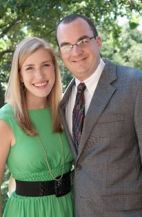
John Litzler directs the Church Law division of Christian Unity Ministries in San Antonio. He is a graduate of the University of Texas and Baylor Law school. He is a member of the SSHS class of 2004.
[adning id=”33207″]





